
Latin America: Week in Review, Peru
Wikileaks Cable Alleges Peruvian Military Ties To Drug Trafficking & Reveals U.S. Fears Over Shining Path
December 14, 2010 By Staff
 Today in Latin America
Today in Latin America
Top Story — A leaked United States diplomatic cable reports that Peru’s new military head was involved in drug corruption, a charge that the general adamantly denies.
The March 2009 document, released by the website Wikileaks, was written by then-Ambassador Michael McKinley and stated that an unnamed source “saw signs that officers may have continued to cooperate with drug traffickers.”
The document referenced a 2007 meeting between Peruvian Gen. Paul da Silva and a regional fishing industry leader, Rolando Eugenio Velasco Heysen, where the two allegedly discussed drug shipments. On October of 2007, Velasco was arrested on charges that he attempted to export 840 kilograms of cocaine in frozen fish.
The cable also says corruption has “long plagued Peruvian government institutions,” including the military, and adds that the military is reluctant to initiate a serious plan to pacify one of the most notorious drug zones in Peru, known as the VRAE.
Da Silva held a press conference on Monday, where he demanded that the government investigate the matter and called the cable a “disgrace.”
Another leaked cable coming from the U.S. embassy in Peru shows that the U.S. fears a resurgence of the Shining Path insurgency. The Shining Path, or Sendero Luminoso in Spanish, is a Maoist organization that began an insurgency against the Peruvian state in 1980.
The rebellion cost 69,000 lives before it was nearly extinguished in the 1990s.
“There is no doubt that the (Sendero Luminoso) has adopted a ‘kindlier, gentler’ approach towards the local population,” an October 2009 cable said, according to The Miami Herald. It added that in the Apurimac Valley the insurgency “prefers to bribe peasants and local officials, rather than to terrorize them and even execute them, as they did in the past.”
Just Published at the Latin America News Dispatch
- The U.S. Supreme Court grappled last week over whether the state of Arizona has authority to implement standards and penalties on employers who knowingly hire undocumented workers.
Headlines from the Western Hemisphere
North America
- Mexican police arrested an alleged leader of the country’s Sinaloa drug cartel Sunday in the town of Delicias in the eastern state of Chihuahua.
- Kentucky state Senate Republicans plan to file legislation similar to Arizona’s controversial immigration law.
- Doctors and healthcare workers in Ciudad Juárez went on a 24-hour strike Monday, demanding more security after three of their colleagues were killed.
Caribbean
- The Cuban government will launch its online encyclopaedia similar to Wikipedia today, with the goal of presenting its view of the world and history.
- Haitian presidential candidate Mirlande Manigat criticized the country’s electoral council in an interview with The Associated Press.
- Global Voices Online has a roundup from the blogosphere about the students strikes at the University of Puerto Rico.
Central America
- U.S. diplomats accused Nicaraguan President Daniel Ortega’s government of taking bribes from drug traffickers in exchange for freeing suspects, in cables released by Wikileaks.
- Mexico’s Sinaloa drug cartel has established bases and storage depots in Costa Rica from which it ships drugs to the United States, the U.S. Drug Enforcement Administration representative said Monday.
- The ousted former Honduran president Manuel Zelaya is rejecting claims in a U.S. diplomatic memo that he might have ties to organized crime.
Andes
- A Colombian con man and jewel thief was sentenced Monday to 30 months in federal prison for entering the United States illegally.
- President Hugo Chávez sought to outflank Venezuela’s rejuvenated opposition on Monday by saying he would assume fast-track decree powers for up to 18 months.
Southern Cone
- Venezuela will be incorporated as a full member of Mercosur after securing Paraguay’s hold-out vote.
- Argentina announced that it would lift the blockade of Paraguayan goods on Monday after the Argentine government met with the Argentine Maritime Workers Union, (SOMU).
- Forest fires in central Chile have burned more than 5,000 hectares and damaged 20 homes.
Subscribe to Today in Latin America by Email
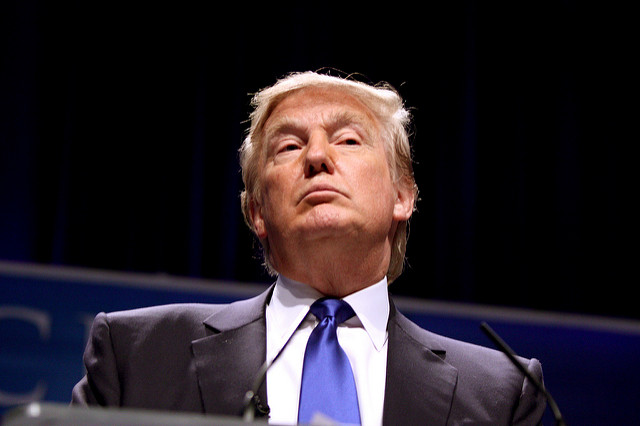
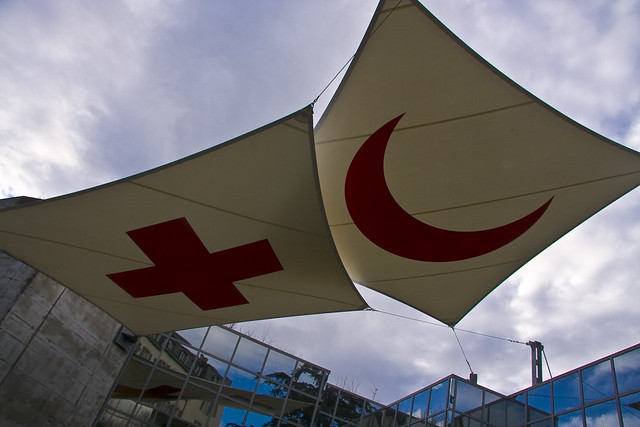

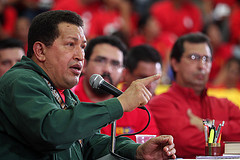
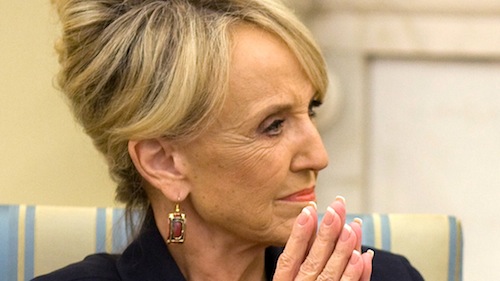
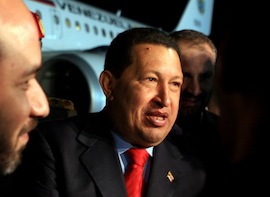
1 Comment
Dear Latin America Dispatch,
UK Guardian internet news site has comprehensive articles about the diplomatic war taking place with the war on illegal drug trade. Their piece that Afghan and Taliban gangs/groups control prices of the illegal drug trade in America suggests
complicity on the part of intelligence, enforcement and policy makers here.
From Maui, there is a genuine need and imperative to decriminalize the information and government systems that rely on illegal drug trade for its own existence. This is primarily to perpetuate control to commerce, our courts and advertising dollars from California and New York.
Perhaps the genuine struggle for Latin Americans to remain autonomous from global financial and industrial pressures rely on their leadership to understand that the stakes are about the preservation of culture and human dignity. It is in the hands of political diplomacy, not the hands of American military dollars.
Please peruse my internet news site about the effort for Americans to hold their own corrupt systems accountable in light of recent foreign policy failures and evil. Strategic aggression is necessary now with unfortunate consequences for those who still believe in the viability of President Obama.
Yukie Yamada
Comments are closed.